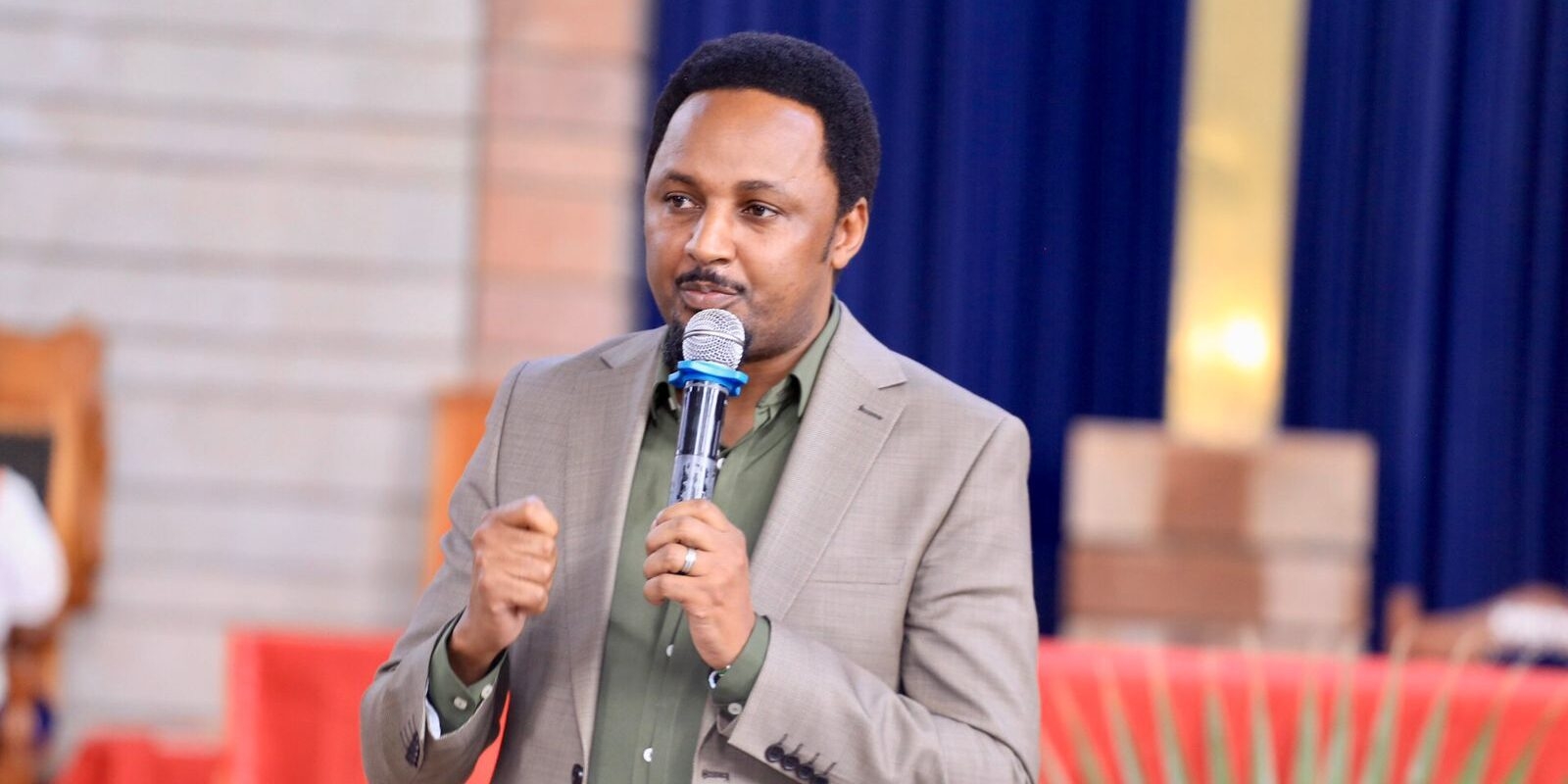Every time I remember my education, I am overwhelmed by a difficult thought: If the education system in Kenya doesn't change, then we have no chance of achieving sustainable development goals.
When I went to school in Garissa, I had a lot of difficulties in learning. I lost all motivation to go on with school because the curriculum did not recognise the different needs of students or the challenges we faced while studying. There was an assumption that every child had access to classrooms, equal and enough teachers and food and water in school.
In 2013, all schools in Garissa closed after teachers fled the town due to conflict and violent extremism. When I returned to school, I sat the same national exam as all other students in the country. The examiners assumed that learners from my community finished the syllabus and were ready for the exams. They were not conscious that our schools had closed and we had missed several months of school.
Kenya has come a long way and now provides free education to primary and day secondary learners. My worry is whether this education is preparing learners to be the leaders, entrepreneurs, innovators and change-makers that we need today.
When I graduated from high school, I had problems finding the right career for myself because the curriculum had killed my self-esteem and I didn’t know what I was good at.
I went to college to study journalism, only to change to the Bachelor’s degree in international relations one year later. If the education system in Kenya had cultivated my strength and brought my talent out, then I would not have struggled so much in my first few years after leaving school. These challenges inspired me to start a nonprofit called The KESHO Alliance that promotes and advocates for quality education, youth and women empowerment, peace and security in marginalized communities in Kenya.
These gaps in educations can leave students vulnerable to exploitation, child marriage and female genital mutilation. In 2017, 23 per cent of girls were married before the age of 18, while four per cent were married before they turned 15 with Northeastern counties mostly affected.
Extremist groups also take advantage of these gaps by recruiting young people who dropped out of school into their groups.
Global education charity Theirworld commissioned a poll of young people and their perspective on the state of education this year.
Two thirds (67 per cent) of young people in Kenya are “worried” about the prospect of poor education leaving millions of children without basic reading or writing skills. Some 77 per cent say world leaders are not doing enough to ensure all children receive a quality education, while 96 per cent think global leaders need to take urgent action to fund education.
We need to improve the salaries of teachers to empower young people to join teaching careers and invest in teachers learning institutions, specifically in under-represented communities. We need collaboration between governments and young people. We need spaces and opportunities for youth engagement at all levels including at the upcoming Transforming Education Summit. For sustained engagement, we could have a youth advisory group which advises the Ministry of Education on meaningful engagement in education from a youth perspective.
My hope and call for world leaders particularly Kenyans is to invest 10 per cent of all education funding to Early Childhood Education, invest at least 6-10 per cent of humanitarian assistance into education for refugees and displaced people and finally my last call is launching the International Finance Facility for Education as part of a new global finance plan to make SDG 4 and education for all a reality.
We can transform education by meeting the needs of students, by engaging them in mind stimulating activities, career counseling, encouraging curiosity and best of all instilling values of global citizenship. With the uncertainty of the world today, we need a paradigm shift and the experience of young people to regenerate the educational experience to meet the needs of today and the future.
We need to also promote youth-led innovations and technologies and leverage them to transform the learning environment for all children around the world.
Ahmednoor Bashir is Theirworld Global youth ambassador
WATCH: The latest videos from the Star









